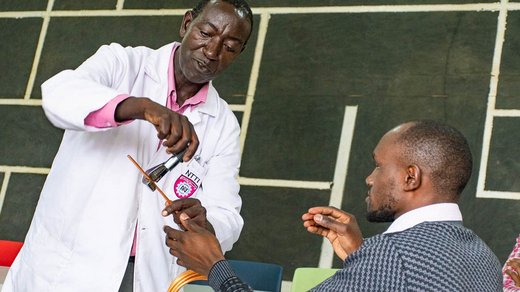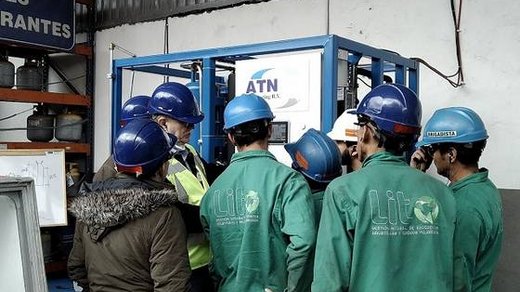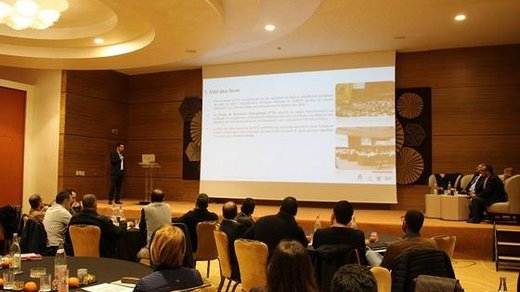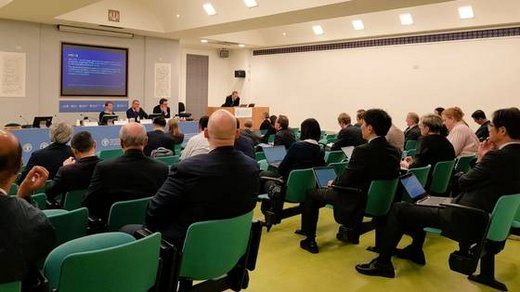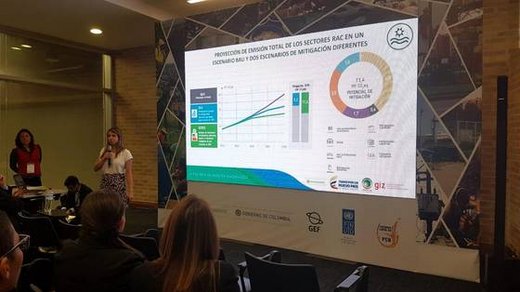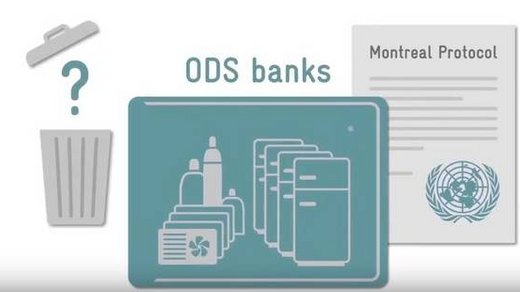Management and Destruction of ozone depleting substances in ODS banks
The excessive use of ODS and HFCs has led to the accumulation of large banks, so-called “ODS and HFC Banks” globally. Their yearly emissions are be equal to that of the carbon dioxide from more than 440 coal power plants.
Map with partner countries
Partner Countries
The global IKI-project ODS Banks provides strategies and good practice approaches for a sustainable management of ODS banks and assists the partner countries to develop their national sustainable management systems for ODS contained in old cooling equipment. The focus of the project lies on the waste management of appliances containing ODS and HFCs since this is when the most significant part of the banks’ emissions are released to the atmosphere through leaking refrigerants. The reduction of emission of ODS and HFC banks, which have a very high global warming potential, can therefore significantly contribute to the achievement of partner countries’ mitigation targets and NDCs.
To support the establishment of appropriate collection, recovery and destruction procedure in the partner countries, the project assists them to in the improvement of prevailing conditions and by transferring good practices and technology for the management and destruction of ODS banks. This includes policy advisory, technology transfer and capacity building activities, such as Training of trainers and of technicians, stakeholder workshops and the development of sustainable financial mechanisms. In addition, the project developed among other guidelines on ODS bank inventories, policies, collection systems and transboundary movements of ODS waste.
ODS Video
This video is being blocked because of your cookie settings.
Especially the cooperation with the partner countries Colombia, Dominican Republic, Ghana, Iran and Tunisia produced several trainings on different topics, such as manual dismantling of refrigerators and air conditioners, set-up of financial scheme in the sector, and development of ODS Banks inventory are further success stories of the project. Additionally, pilot projects included the installation of degassing and reclaim units in Colombia for the proper handling of refrigerants.

